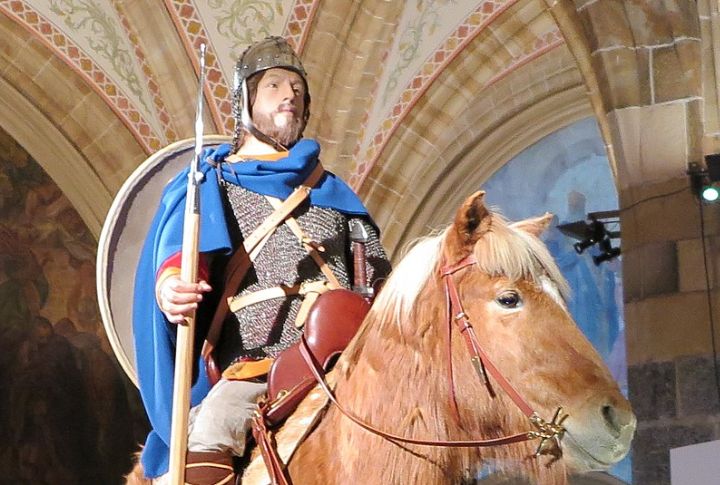
Before France had a name, a mix of Germanic tribes named the ‘Franks’ was already redrawing Europe’s boundaries. The people’s ascent wasn’t swift, but it was decisive, and it altered how leaders ruled and empires formed. The roots of modern Europe trace back to the rise of the Franks. Here’s how these tribes changed history, step by step.
Clovis I Unified The Frankish Tribes
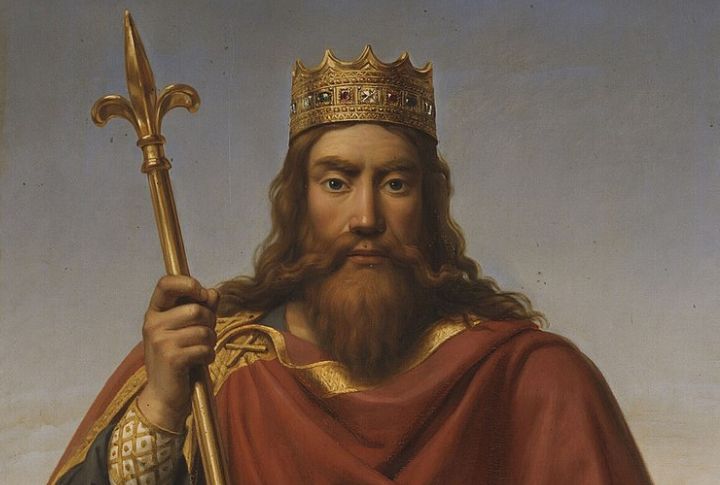
A single conversion shifted Europe’s destiny—Clovis I chose Catholicism in 496 AD, aligning his expanding kingdom with Rome. Uniting rival Frankish tribes under one crown, he carved out a dominant presence across Gaul. What began as political consolidation evolved into a religious and cultural revolution that defined early medieval Europe.
Legal Codification With The Salic Law
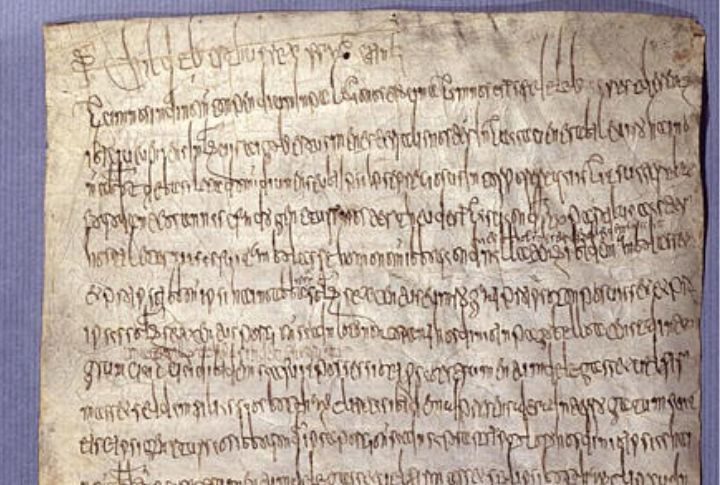
Inheritance disputes or theft penalties, the Salic Law had an answer. Compiled under Clovis, the Salic Law was an early Frankish legal code that emphasized fines over physical punishment. It addressed crimes, inheritance, and civil disputes to shape justice in the Frankish realm and influence continental European legal traditions for centuries to come.
Merovingian Dynasty Established The Frankish Realm
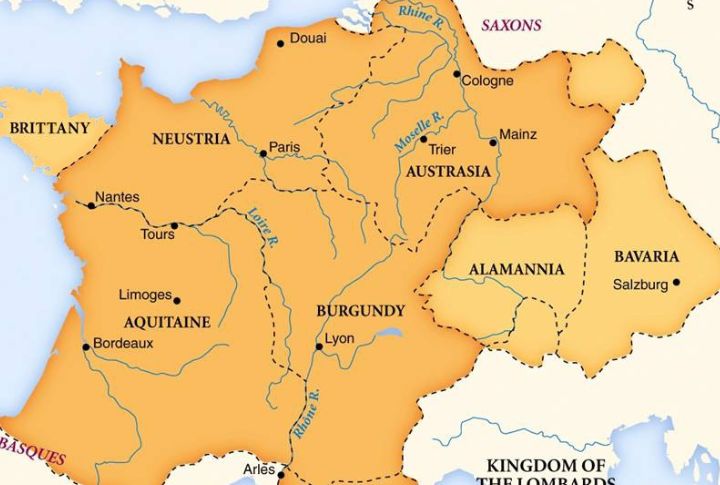
From Clovis’s death through the 8th century, the Merovingians shaped a kingdom spanning much of Western Europe. Despite infighting, their reign introduced centralized rule, land inheritance systems, and regional governance that echoed through future European statehood. Even after their rule ended, their framework endured.
Charles Martel’s Victory In The Battle Of Tours
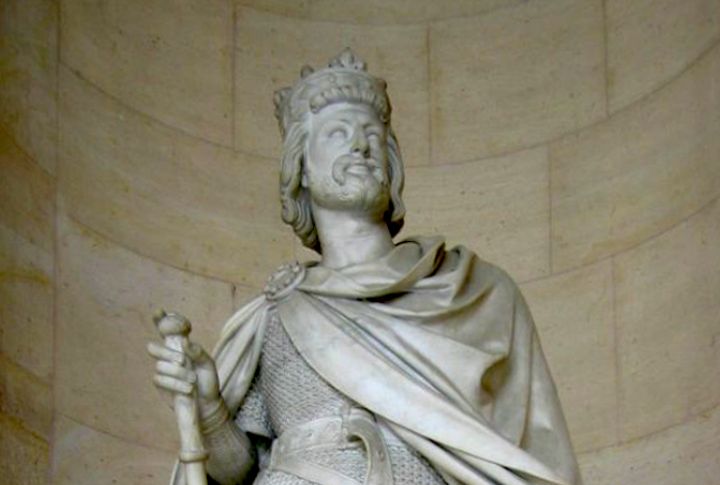
Would Western Europe look different today without Charles Martel’s 732 CE victory? Historians still debate it. Facing Islamic forces at Tours, Martel’s troops halted further expansion into Frankish lands. That move wasn’t just military—it was ideological, and helped preserve a Christianized Western Europe and strengthen the Frankish political structure.
Pepin The Short’s Journey, From Mayor To Monarch
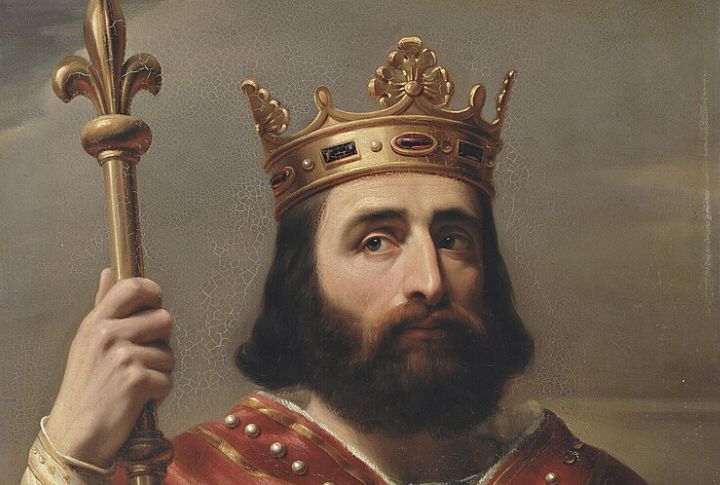
Royal blood was not always required for royal power. Pepin the Short, once a palace administrator, rose with papal blessing in 751 CE to become king. His coronation, a first with direct Church involvement, signaled a pivotal blend of sacred authority and political legitimacy. As the Merovingians fell, the Carolingians ascended.
Charlemagne’s Expansion And The Carolingian Empire
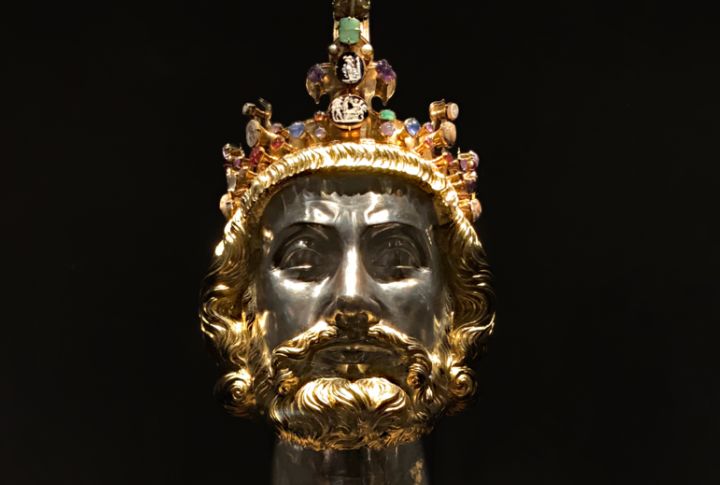
Over four decades, Charlemagne expanded his realm by defeating the Lombards, Saxons, and Avars. In 800 CE, he was crowned the “Emperor of the Romans” and revived Western imperial tradition. His reign fused war and faith, which reshaped Europe’s political and religious foundations for centuries.
Administrative Reforms Under Charlemagne
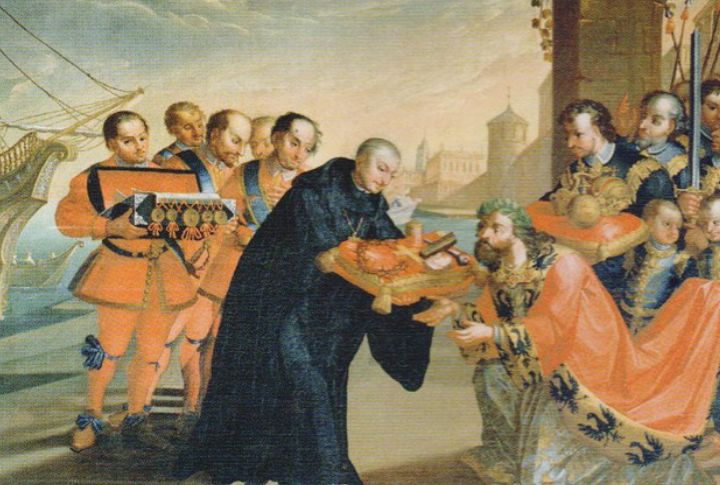
Why did such a vast empire function so effectively? Charlemagne didn’t just conquer—he organized. Appointed counts handled regional duties, while traveling inspectors—the missi dominici—kept them in check. These reforms not only strengthened imperial control but also influenced governance models adopted by medieval and early modern European states.
The Carolingian Renaissance Revived Learning
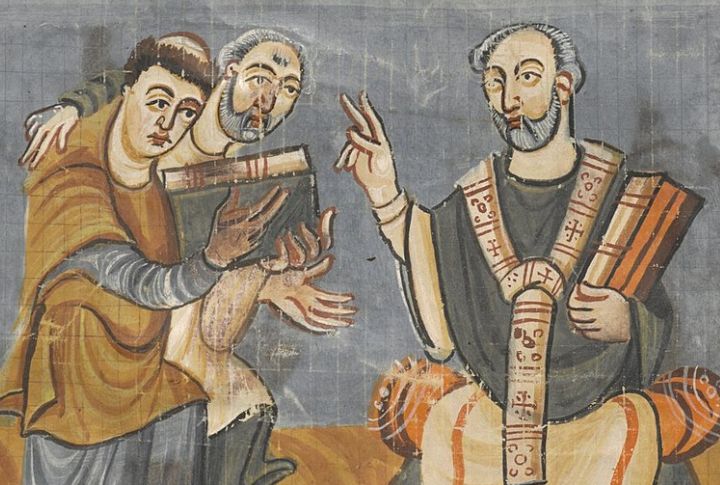
He was a king who valued books as much as swords. Charlemagne championed learning, inviting scholars like Alcuin of York to his court. Monasteries became centers of script preservation, and Latin literacy surged. Europe’s intellectual flame, nearly extinguished, flickered anew to light the path toward the later medieval scholastic tradition.
Religious Influence And Church Relations
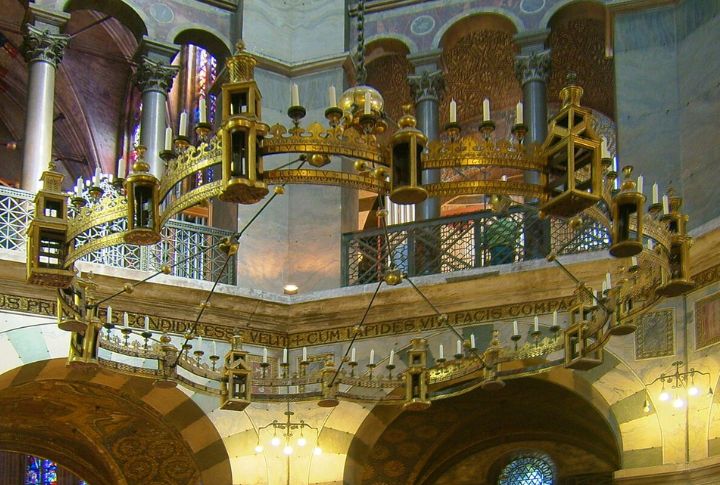
Power was sanctified. The Franks deepened ties with the Church, especially under Charlemagne, who restructured dioceses and promoted missionary work. This cooperation anchored Christianity throughout Frankish territories. The clergy gained a political voice, while monarchs gained moral authority—a dual force that steered Europe for generations.
Legacy Of The Franks In Modern Europe
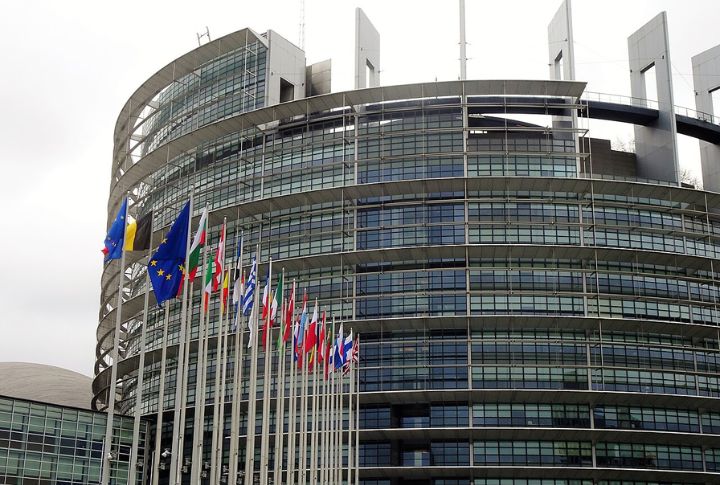
Their name ‘Franks’ lives on not just geographically but institutionally. From feudal contracts to Catholic monarchies, their blended Roman-Germanic-Christian culture molded Europe’s spine. Long after the empire fragmented, Frankish models of governance and diplomacy shaped nation-building efforts across the continent.

